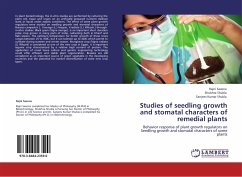
Studies of seedling growth and stomatal characters of remedial plants
Behavior response of plant growth regulators on Seedling growth and stomatal characters of some plants
Versandkostenfrei!
Versandfertig in 6-10 Tagen
32,99 €
inkl. MwSt.

PAYBACK Punkte
16 °P sammeln!
In plant biotechnology, the in-vitro studies are performed by culturing the plant cell, tissue and organ on an artificially prepared nutrient medium static or liquid under aseptic conditions. The effect of some plant growth regulators were studied on seedling growth and stomatal characters of Brassica campestris L. V.mungo (L.) Hepper, V.radiate (L.) Wilczek.) through in-vitro studies. Black gram (Vigna mungo), is an important short duration pulse crop grown in many parts of India, cultivating both in Kharif and Rabi season. The optimum temperature for better growth of these crops ranges betwe...
In plant biotechnology, the in-vitro studies are performed by culturing the plant cell, tissue and organ on an artificially prepared nutrient medium static or liquid under aseptic conditions. The effect of some plant growth regulators were studied on seedling growth and stomatal characters of Brassica campestris L. V.mungo (L.) Hepper, V.radiate (L.) Wilczek.) through in-vitro studies. Black gram (Vigna mungo), is an important short duration pulse crop grown in many parts of India, cultivating both in Kharif and Rabi season. The optimum temperature for better growth of these crops ranges between 25 to 350C, but it can tolerate up to 420C which permit to cultivate during summer and winter season. Mungbean crop (Vigna radiata (L) Wilczek) is considered as one of the new crop in Egypt, it is important legume crop characterized by a relative high content of protein. The application of novel tissue culture and genetic engineering technology could offer efficient and stable plant regeneration. Brassica are still considered as an important source of green vegetable in the developing countries and the potential for market diversification of some new crop types.



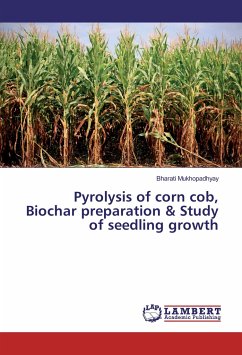
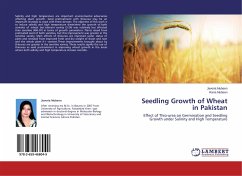
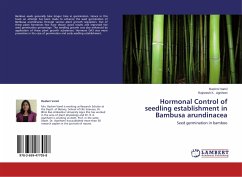
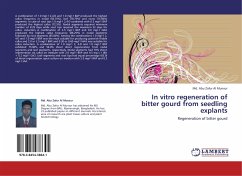
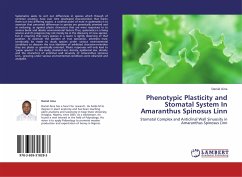
![On New Plants From the Erian and Carboniferous [microform]: and on the Characters and Affinities of Paleozoic Gymnosperms Cover On New Plants From the Erian and Carboniferous [microform]: and on the Characters and Affinities of Paleozoic Gymnosperms](https://bilder.buecher.de/produkte/71/71656/71656866n.jpg)



